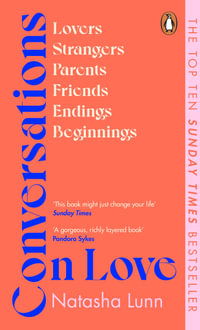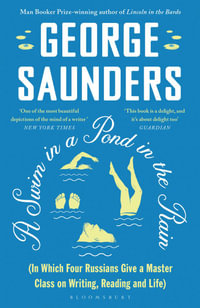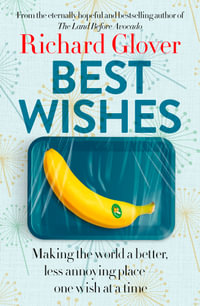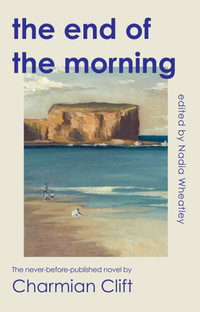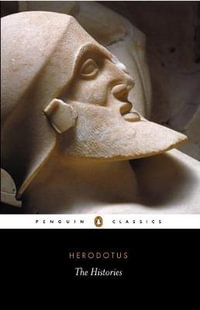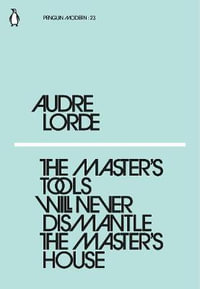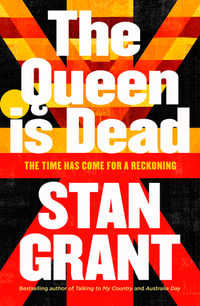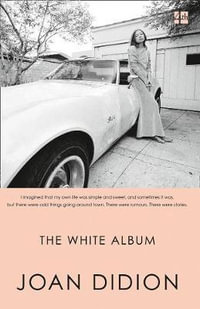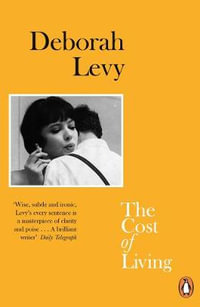
Faulkner and Postmodernism
By: John N. Duvall (Editor), Ann J. Abadie (Editor)
Paperback | 9 July 2002
At a Glance
Paperback
$79.70
Aims to ship in 7 to 10 business days
ISBN: 9781604732535
ISBN-10: 1604732539
Series: Faulkner and Yoknapatawpha Series
Published: 9th July 2002
Format: Paperback
Language: English
Number of Pages: 224
Audience: Professional and Scholarly
Publisher: University Press of Mississippi
Country of Publication: US
Dimensions (cm): 22.9 x 15.2 x 1.3
Weight (kg): 0.34
Shipping
| Standard Shipping | Express Shipping | |
|---|---|---|
| Metro postcodes: | $9.99 | $14.95 |
| Regional postcodes: | $9.99 | $14.95 |
| Rural postcodes: | $9.99 | $14.95 |
How to return your order
At Booktopia, we offer hassle-free returns in accordance with our returns policy. If you wish to return an item, please get in touch with Booktopia Customer Care.
Additional postage charges may be applicable.
Defective items
If there is a problem with any of the items received for your order then the Booktopia Customer Care team is ready to assist you.
For more info please visit our Help Centre.
You Can Find This Book In
This product is categorised by
- Non-FictionLiterature, Poetry & PlaysHistory & Criticism of LiteratureLiterary Theory
- Non-FictionLiterature, Poetry & PlaysNon-Fiction ProseLiterary Essays
- Non-FictionLiterature, Poetry & PlaysHistory & Criticism of LiteratureGeneral Literary Studies
- Non-FictionLiterature, Poetry & PlaysHistory & Criticism of LiteratureLiterary Reference WorksLiterary Companions, Book Reviews & Guides
